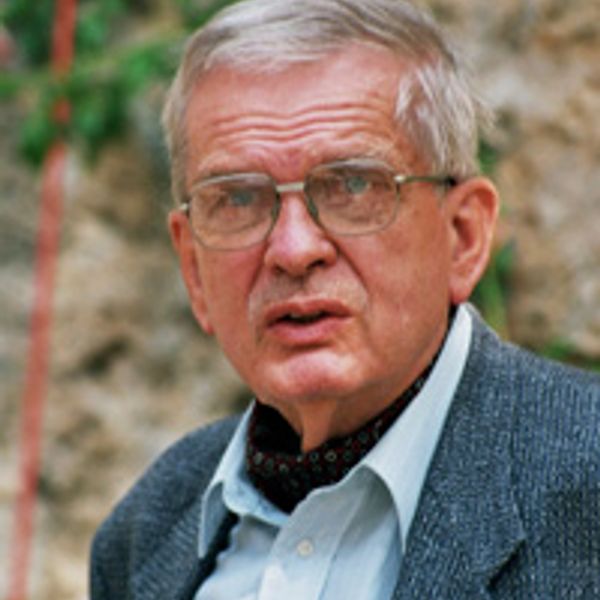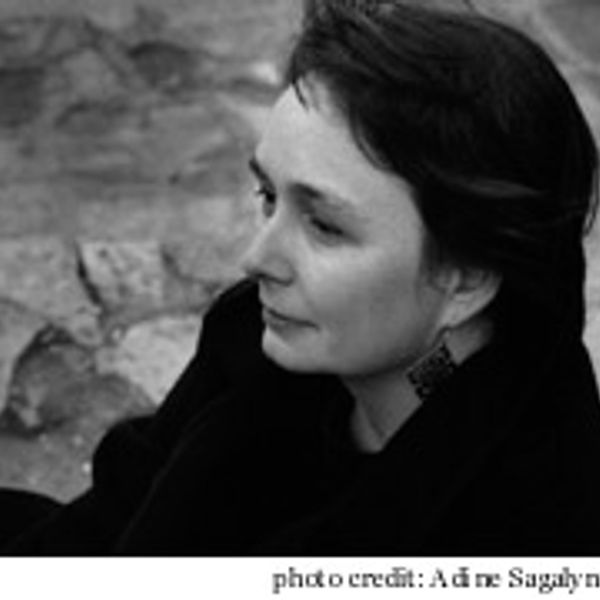Lia Purpura, Parasol Mushroom (detail), featured in AGNI 102
The Opposite Shore
Under an uproar of lindens, before the stone
embankment, by a fast current like the Tiber,
I am drinking Gilbey’s with two bearded men.
In the twilight—the jingle of glasses, smoke.
But we have never met. I knew their parents.
A generation overtakes another. The tape-recorder
warbles and crackles. My two interlocutors
want to know about questions I once pondered:
whether there is meaning to suffering and mercy—
whether art can survive if it obeys no rules.
I was the same as them, but destiny accorded
me a strange fate: this, of course, is no better
than any other. I know evil never disappears,
but one can at least strive to dispel blindness—
and poetry is more meaningful than dreams.
In summertime, I often wake before dawn,
sensing, without fear, the time is drawing
close when others will inherit the dictionary,
along with clouds, ruins, salt and bread.
And freedom is all that I will be granted.

Tomas Venclova
Tomas Venclova, born in Klaipeda, Lithuania in 1937, took part in the Lithuanian and Soviet dissident movements and was one of the five founding members of the Lithuanian Helsinki Group. His activities led to a ban on publishing, exile, and the stripping of his Soviet citizenship in 1977. His poetry has been translated into more than twenty languages; his English-language collections to date are Winter Dialogue (Northwestern University Press, 1997) and The Junction: Selected Poems (Bloodaxe Books, 2008). He has received, among many other honors, the Vilenica International Literary Prize, the Lithuanian National Prize, and the Prize of Two Nations, which he won jointly with Czeslaw Milosz. Also a translator, essayist, and biographer, Venclova is professor emeritus of Slavic languages and literatures at Yale University. (updated 10/2023)

Ellen Hinsey
Ellen Hinsey’s collections of poetry include Update on the Descent (University of Notre Dame/Bloodaxe Books 2009), The White Fire of Time, and Cities of Memory. She has completed a prose memoir on Exile, The Encyclopedia of Exile. She edited and co-translated The Junction: Selected Poems of Tomas Venclova (Bloodaxe Books, 2008). Her translations of contemporary French literature and memoir are published with Riverhead/Penguin Books. She has received a Lannan Foundation Award and a Berlin Prize Fellowship from the American Academy in Berlin. She lives and teaches in Paris. (updated 7/2009)
